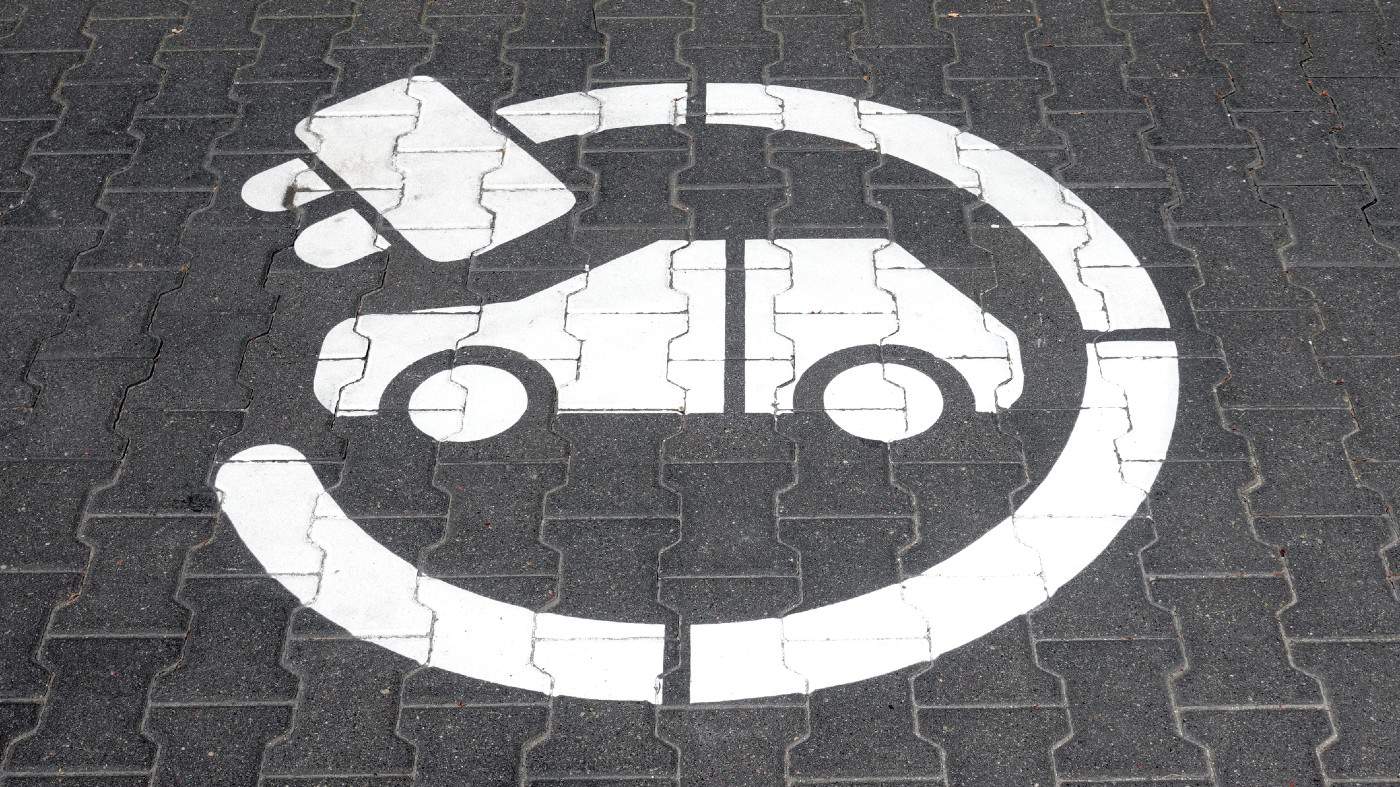With electric vehicles appearing more and more frequently on British roads and motorways, it’s inevitable that investors look to ‘grab a slice of the pie’. One possible way is through lithium stocks. So without further ado…
Atlantic Lithium
What it does: Atlantic Lithium is a lithium focused exploration and development company, with a flagship project in Ghana.
By Jon Smith. Atlantic Lithium (LSE:ALL)’s business came under fire in Q1 of this year due to a negative short seller report — the stock fell like a stone, which is why a chart shows that the share price is down 39% over the past year.
Should you invest £1,000 in Atlantic Lithium Limited right now?
When investing expert Mark Rogers has a stock tip, it can pay to listen. After all, the flagship Motley Fool Share Advisor newsletter he has run for nearly a decade has provided thousands of paying members with top stock recommendations from the UK and US markets. And right now, Mark thinks there are 6 standout stocks that investors should consider buying. Want to see if Atlantic Lithium Limited made the list?
Any commodity exploration company is going to have a very volatile share price, and I have to accept this as par for the course. Despite this as a risk, I do believe that the project in Ghana has potential. The stock has jumped 27% over the past month thanks to positive assay results from the most recent drilling excursion.
More positive news came out at the start of September, with a non-binding agreement with the Ghana sovereign wealth fund for investment. If the Government is wanting a piece of the action, it’s a vote of confidence on the potential success of the project in my eyes.
Jon Smith does not own shares in Atlantic Lithium
Rio Tinto
What it does: Rio Tinto is a UK-based mining and metals company with 52,000 employees operating in 35 countries around the world.
By Matthew Dumigan. Despite primarily focusing on iron ore, aluminium and copper, my top lithium stock is Rio Tinto (LSE:RIO).
Recently, the company has made the strategic decision to build its exposure to lithium, but it’s not been straightforward.
Rio only has two lithium projects, one of which (the Jadar project) was cancelled in January 2022 after the Serbian government cited environmental concerns. That said, it’s worth noting that the company remains in consultation with relevant stakeholders to explore all options related to the project’s future.
Beyond Jadar, though, the Rincon Project in Argentina looks set to be a valuable source of rapidly produced, high-quality lithium for the global energy transition.
In my view, it positions the group well to tap into this growing market and capture a larger share of the exploding demand. Ultimately, if successful, Rio could drastically reduce European reliance on China and Australia for battery-grade lithium.
Matthew Dumigan does not own shares in Rio Tinto.
Rio Tinto
What it does: Rio Tinto is one of the world’s largest miners, with global operations mining and marketing a range of metals and other minerals.
By Christopher Ruane. I expect high future demand for lithium. But as with many similar gold rushes in the past, a surging potential market size does not necessarily translate to healthy profits for all companies in the sector.
That is why I would not try to get exposure to lithium by investing in a pure-play lithium mining stock, let alone one with no experience of commercially producing and marketing the product.
Instead, I would go for a proven, diversified miner that has deep expertise in turning the promise of a project into a productive, money-making reality. That describes Rio Tinto (LSE: RIO).
Rio Tinto still faces risks, such as the cyclical nature of pricing for most of its products. That can depress profits for long periods.
But I like the exposure the company offers me to lithium through its project in Jadar, Serbia. I am more comfortable with the overall risk profile of this FTSE 100 share than with businesses focussed only on lithium.
Christopher Ruane does not own shares in Rio.
Rio Tinto
What it does: Rio Tinto is a diversified mining company with notable strength in iron ore and big lithium expansion plans.
By Charlie Carman. Rio Tinto (LSE:RIO) isn’t a pure lithium stock. Iron ore is central to the business, alongside other commodities, including aluminium and copper. However, lithium is high on the mining giant’s agenda with two flagship projects in Argentina and Serbia.
Progress at Rincon, located in South America’s ‘lithium triangle’, is accelerating. Yet, it’s proving more expensive than anticipated. Rio Tinto’s capital expenditure has increased from the initial $140m estimate to $335m today.
Serbia’s Jadar valley is a unique source of jadarite — a mineral deposit containing lithium and boron. Although it has the potential to be a world-class asset, Rio Tinto’s been mired in a stand-off with the Serbian government since its mining licenses were revoked in 2022.
Undismayed by challenges at its existing projects, Rio Tinto recently bought 145,000 hectares of exploration tenements in Western Australia. This underscores how vital the alkali metal is to the Anglo-Australian miner’s future plans.
Charlie Carman owns shares in Rio Tinto.








